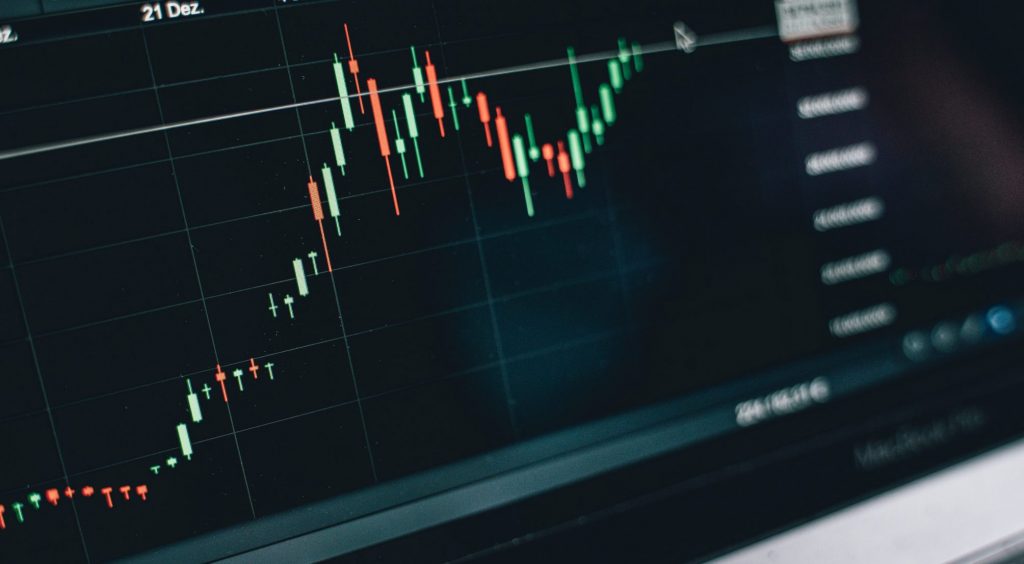For many, the dollar is the de facto global currency. Based on IMF data, it accounted for 59% of central banks’ foreign exchange reserves in the second quarter of 2022. The euro, used by 27 nations, accounts for 19.8% and the Japanese yen 5.9%.
The dollar’s dominant position means almost all governments are affected by changes in its exchange rate and overnight interbank interest rates. “The Federal Reserve [Fed] is … at the center of a system of central banks that are under pressure to follow its decisions, whether locally appropriate or not,” John Kemp, a Reuters market analyst, said in September. “If countries try to deviate too far from the Fed’s easing and tightening cycle, they tend to run into an inflation crisis, a currency crisis, a debt crisis or all three.”
China, Russia, India and the EU, among others, increasingly worry about the possible repercussions of reliance on the dollar. Accordingly, they have been more vocal about not using the greenback in international transactions. Gal Luft, the co-director of the Institute for the Analysis of Global Security, told CNBC in March that central banks are beginning to wonder if reliance on the dollar “is a smart idea.”
That could significantly affect Egypt, which uses the dollar for all its trade transactions. Meanwhile, the Central Bank of Egypt data shows that China, Russia, and the EU are among the country’s most important trading partners.

Walking away
Calls among major economies to trade with their partners using local currencies are not new. Anne Korin from the Institute for the Analysis of Global Security told CNBC in October 2019 that countries with politics that don’t align with those of the United States never liked the idea of having their international trade linked to the dollar.
That is because, as per U.S. law, “when the dollar is used, or transactions are cleared through American banks, entities are subject to U.S. jurisdiction,” Korin said, “even if they have nothing to do with the U.S.”
Additionally, the “United States now monitors all U.S. denominated transactions,” Chris Devonshire-Ellis, founder of Dezan Shira & Associates, said in a November op-ed on Silk Road Briefing, a trade publication. Bypassing the dollar “is also … a means to get around sanctions placed on various countries to discourage trade.”
China is a case in point, given its economic and trade fallout with the United States since 2015. In March 2018, Reuters reported China wanted to introduce yuan-denominated oil futures contracts and was negotiating with its suppliers to pay them in yuan instead of dollars. An anonymous source speaking to Reuters noted, “Being the biggest buyer of oil, it’s only natural for China to push for the usage of yuan for payment settlement.” It also promotes the yuan as an alternative currency in international trade deals.
Saudi Arabia, the world’s biggest oil exporter whose currency is pegged to the dollar to eliminate foreign exchange risks, reportedly was in talks with China in March to allow oil payments in yuan. According to a Wall Street Journal article in March, “Saudis have grown increasingly unhappy with decades-old U.S. security commitments to defend” their country. That includes a lack of support in the Yemen civil war, the current administration’s openness to signing a nuclear deal with Iran, and the U.S. withdrawal from Afghanistan that led to the rise of Islamic extremist groups, mainly the Taliban.
Similarly, India wants to pay for oil from Iran in rupees rather than dollars because U.S. sanctions prevent the transfer of dollars to Iran. The separation from the greenback also would benefit Iran, which imports most of its agricultural goods from India.
Throughout 2018, Russia talked with Turkey about using their respective currencies for trade, as the U.S. had sanctions on both nations. Russian Trade and Industry Deputy Minister Alexei Gruzdev told the media in 2018 that “Turkey and Russia can protect their firms and become independent from the actions of third countries by using national currencies in bilateral trade.”
Devonshire-Ellis said in his op-ed that if Russia and China use their local currencies, that transition could “filter through to other economies throughout Eurasia.”
The EU also has contemplated reducing dependence on the dollar. In November 2018, Bloomberg reported French President Emmanuel Macron said that relying on the dollar is an “issue of sovereignty.”
In 2022, those sentiments are growing stronger, primarily because of the United States sanctioning Russia in retaliation for the invasion of Ukraine and persistent trade friction with China.
“The United States has extended itself,” said Luft of the Institute for Analysis of Global Security. “It has been extremely trigger-happy when it comes to the use of sanctions and other economic punishments.” He estimated 10% of national governments are under some form of U.S. sanctions that limit their trade options.
New world order?
For the time being, the dollar remains the world’s most influential currency, particularly with the help of major oil exporters like GCC countries pegging their currencies to the greenback. Further cementing that status is that all commodity prices are in dollars.
Desmond Lachman, a resident fellow at the American Enterprise Institute, believes the dollar’s status as the primary trade currency will wane but not be replaced. “Over the past two decades, there has been a steady decline in the U.S. dollar’s role as an international reserve currency,” he told Xinhua, a Chinese news portal, in July. “This steady decline has been largely a reflection of the relative decline of the U.S. economy in the world economy as emerging market economies have increased their relative role.”
Accordingly, the government and Central Bank need to diversify the currencies in Egypt’s international reserves account to ensure uninterrupted international trade. That would be particularly beneficial when trading with China, Egypt’s largest source of goods, and Russia, which supplies most of the country’s wheat. It would also facilitate trading with the EU, one of the country’s largest trade partners, according to CBE.
Luft said there has been a realignment in the global energy, financial and geopolitical systems and the emergence of a “new world order.” However, he warns, “the transition is never a happy one … It’s always painful.”







